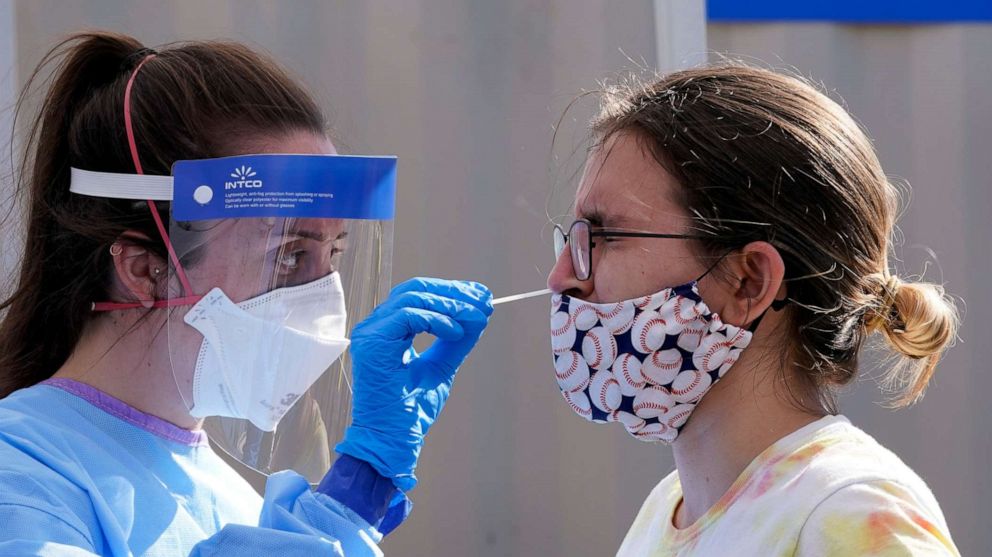COVID-19 testing capacity outpacing desire to get swabbed

As COVID-19 cases surge nationwide, so are the number of options to test for coronavirus infection.
The Trump administration says more than 120 million tests will be available in October nationwide. But far fewer Americans are actually being tested: only around 1 million per day, less than 30 million per month.
"I think people are confused. They don't know what to do, whether to get a test. I think there was messaging as well -- don't get tested unless you really need it because you're taking a test from someone else," said Fred Turner, CEO of Curative, one of the nation's top COVID testing companies. "The country now has more testing capacity."
After a slow start, a growing number of Americans every day are swirling their cheeks, tickling their throats and plunging white swabs into their nostrils in search of the virus.
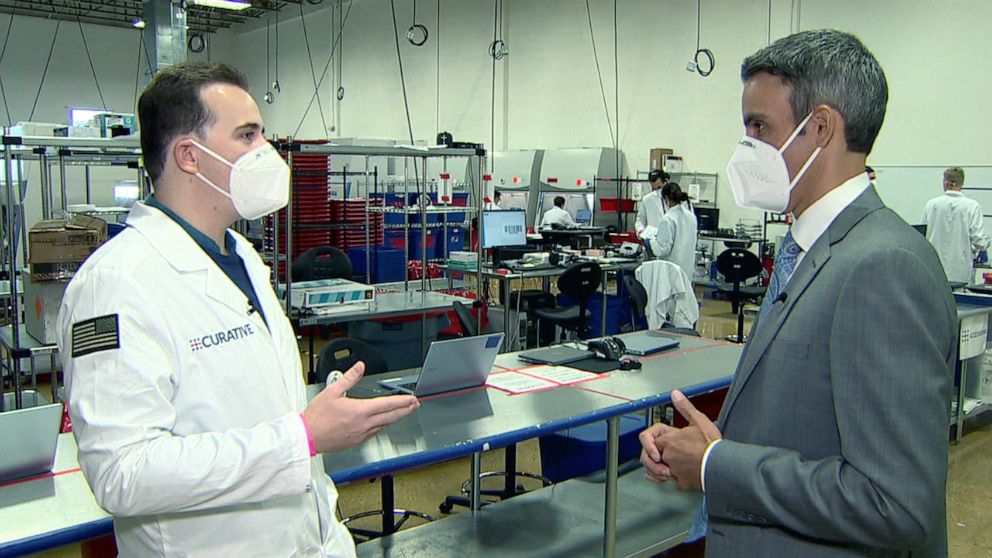
Soon, experts say, it might be done easily and cheaply in the privacy of your own home.
"We are getting to the point that there might be some candidates," said Adm. Brett Giroir, the Trump administration's testing czar on the prospect of at-home COVID tests. "I think we'll get there. We're not there yet."
For now, public health officials and lab companies need more people to give samples.
Shifting Centers for Disease Control and Prevention guidelines on who should be tested and when have caused confusion, experts say, along with President Donald Trump's comment over the summer that he told top officials to "slow the testing down, please."
Lengthy processing delays in some areas during the late summer months are also said to have compounded the impression that not everyone who wants to get tested could get tested.
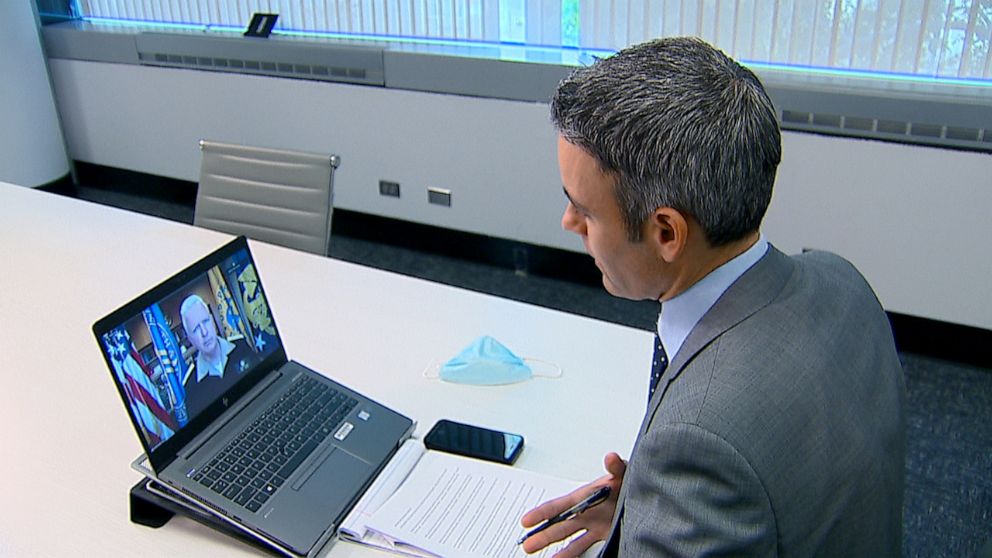
"We definitely want people to be tested," said Giroir.
"If you're symptomatic you need to get tested. If you've been in close contact with a person known to have the disease, you should get tested," Gioir told ABC News Live. "We need to have many individuals tested on a routine basis who are asymptomatic with no known exposure. We call that surveillance testing."
ABC News got an exclusive look inside Curative's lab in Washington, D.C., where more than 350 lab technicians and medical experts work around the clock to process more than 40,000 tests a day.
"We have extra capacity as well. So this is all designed to have scale-up capacity to 100,000 samples per day," Turner said. The company handles nearly 10% of the nation's daily coronavirus tests.
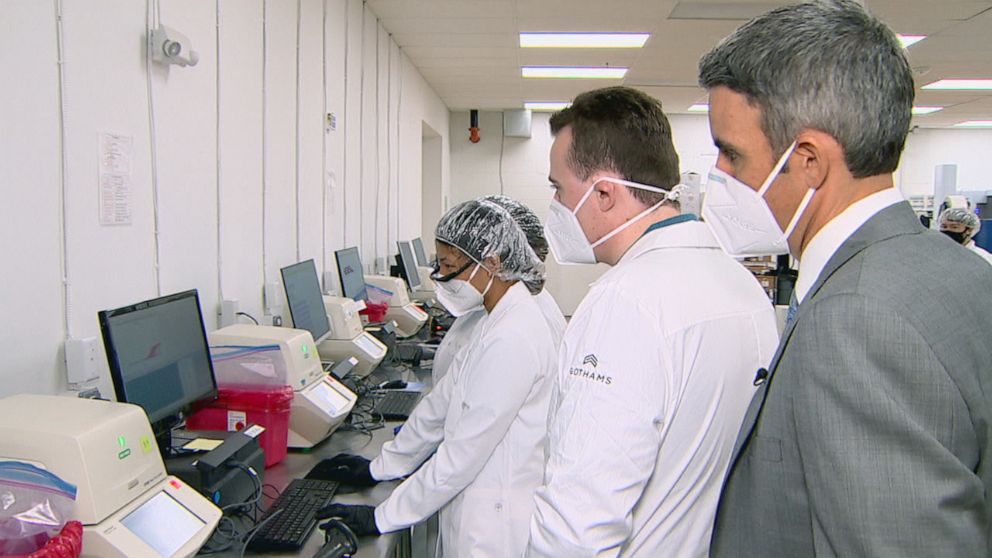
About 40% of people infected with COVID-19 don't have symptoms, according to the CDC. Catching many of those cases through a much more aggressive testing regime could help the country return to normal activities more quickly -- especially if those tests can be done regularly at home, some experts say.
"If we give everyone the knowledge of their own status, if people know the day that they start to become transmissible that they are positive, then we can get enough people to then choose not to go to work that day, not to go to school that day, but to stay home," said Dr. Michael Mina, an epidemiologist and expert on testing at Harvard University School of Public Health.
Mina has been a leading proponent of making COVID tests as routine as brushing your teeth or putting in your contact lenses. He says inexpensive paper strip tests, which are still under development, would not require a lab and would give results in minutes instead of days.
"I think that we can have these tests, have them be available for very private use, if that's what it takes, because we know that a lot of people don't want to participate in these bigger systems for various reasons," Mina told ABC News.
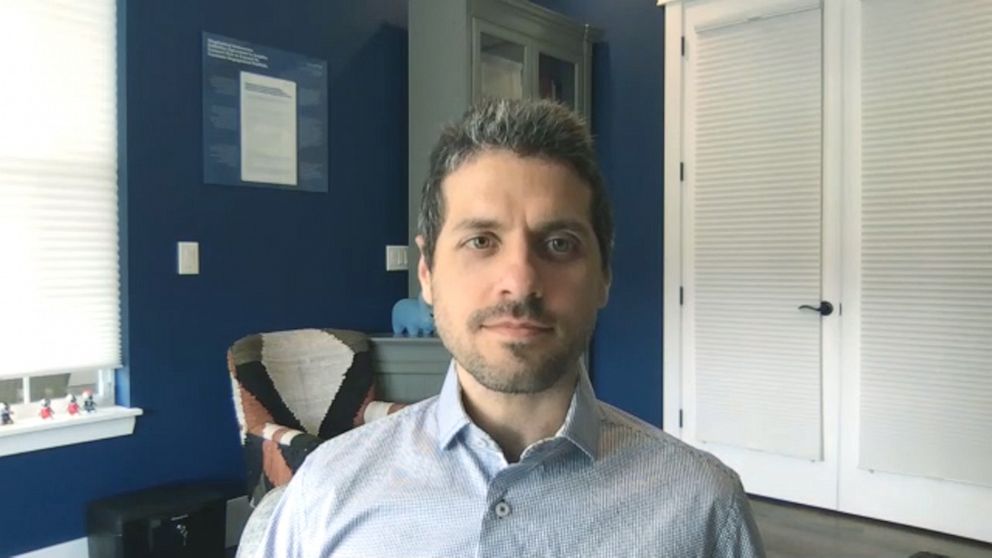
Companies designing at-home tests, like Massachusetts-based e25Bio, told ABC News they're able to manufacture millions of tests a day and could have them widely available immediately.
"We should probably be doing something like 20 million tests per day if we want to use these tests as a tool to stop transmission," said Mina, who estimated outbreaks could be brought under control within a month if such a testing program was started immediately.
The federal government isn't sold on the idea. The Food and Drug Administration has concerns about accuracy and sensitivity of the paper strip tests. There's also concern the tests' higher rate of false negatives could breed a false sense of security. Applications to roll out the tests remain under review.
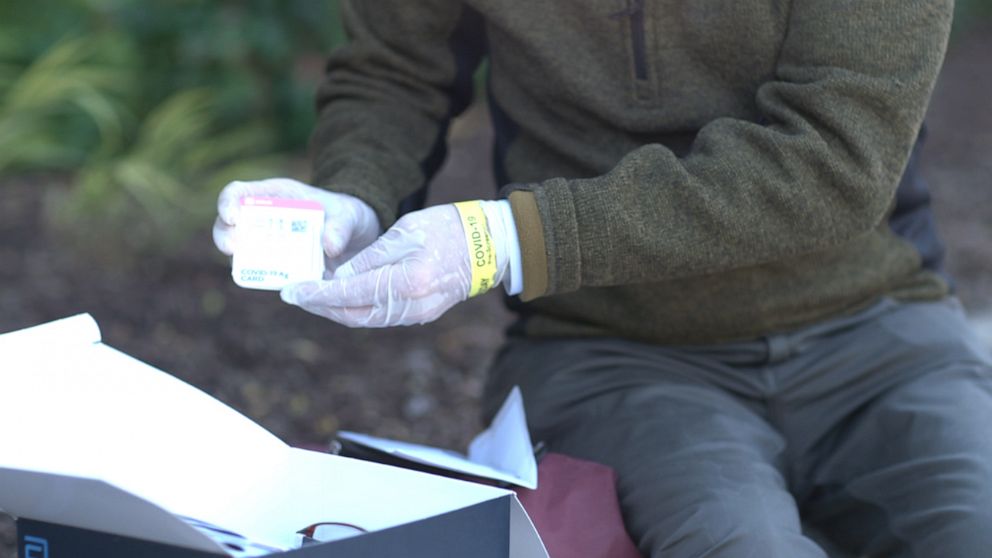
In August, the FDA authorized the first rapid COVID test that doesn't require a lab: $5 card-shaped tests made by Abbott -- which require a medical professional to supervise -- give results in 15 minutes.
The government purchased 150 million of the Abbott card tests in September and is now shipping them to critical hotspots, nursing homes and historically Black colleges and universities, like the University of the District of Columbia, which received 7,000.
"I think these rapid test kits are going to be very, very important and a good tool for us as we start to think about bringing more and more people back onto campus," said Alex Bako, director of risk management at UDC.
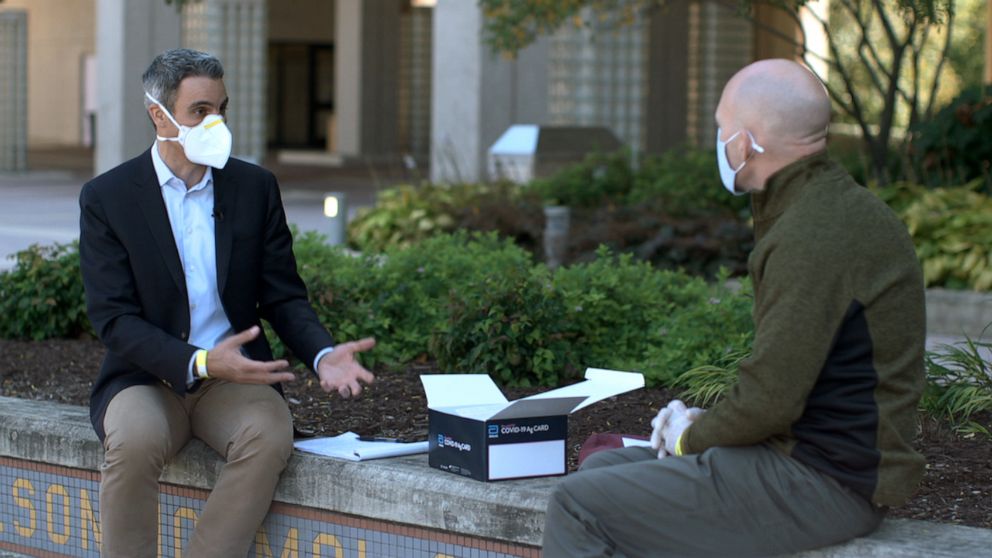
A majority of Americans -- 82% in a recent Gallup poll -- said they believe widespread testing is important to returning to normal activities.
Five months ago, nearly 60% said they were worried about the lack of available COVID tests, but now just 25% have that concern, according to Gallup.
Drive-in and walk-up testing sites are ubiquitous in most major American cities and across the 38 states reporting an increase in cases, according to data from The COVID-19 Tracking Project. In Texas, Curative is rolling out mobile testing kiosks.
Health centers and pharmacies are increasingly offering tests to anyone at low or no cost, including those without a doctor's order. And airports are offering tests to passengers: Tampa International Airport in Florida became the first nationwide this month for any arriving and departing passengers.
"Sample collection in the field is the bottleneck right now, not the lab processes themselves," Turner said. The gold-standard PCR test, which is how most coronavirus samples are screened, is labor intensive and time consuming but highly accurate.
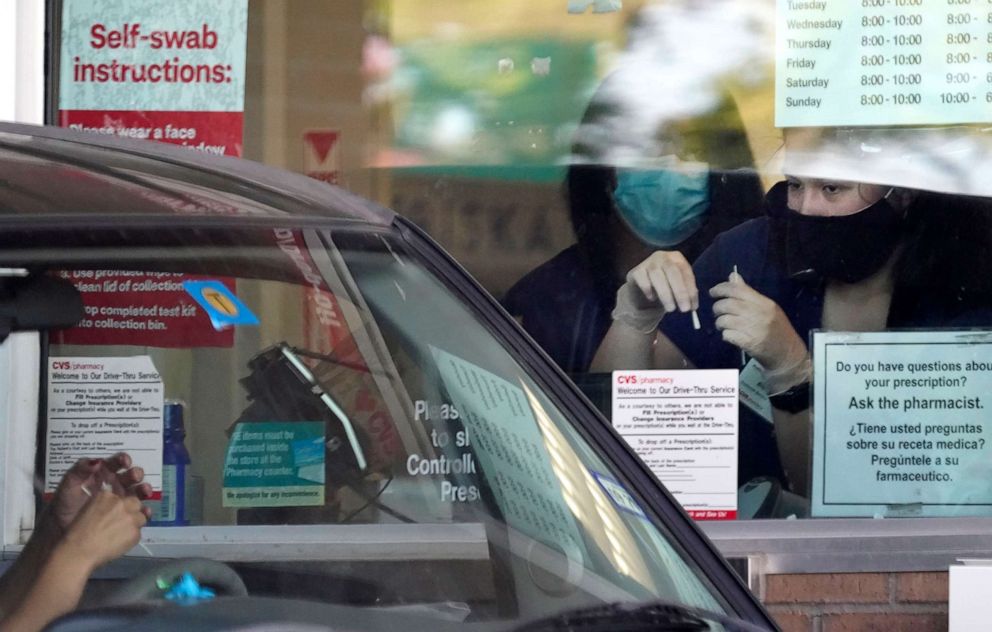
Public health experts stress that no amount of testing can completely eliminate the virus from spreading -- or provide a free pass to those who get tested.
The White House, one of the most tested corners of America, became a super-spreader site in recent weeks. "I think we all know that even the best places that have tested everyone have seen outbreaks," Giroir said.
"Testing can be helpful, but you can't rely on testing because if you're negative one day you can be positive the next day or the next day. And so, you can't rely on that as sort of your card to say it's OK to get together," said Giroir. "I wouldn't risk my family's life, my mother's life, on that."
